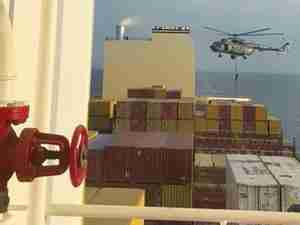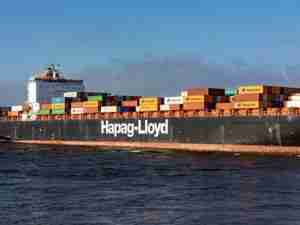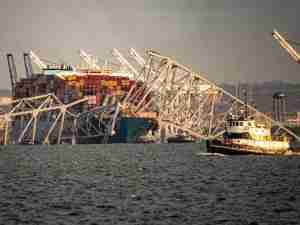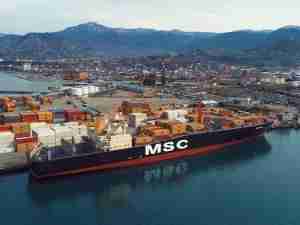Mitsui OSK may book 180 billion yen special loss on restructuring
By: Reuters | Jan 29 2016 at 12:22 AM | Liner Shipping
Mitsui OSK Lines (MOL), one of Japan’s Big Three shippers, may suffer up to a 180 billion yen ($1.5 billion) special loss in the fourth quarter ending in March as it restructures its operations amid slowing global trade and vessel oversupply.
The expected charge comes as the Baltic dry-bulk index , a basket of dry cargo freight rates, hit a new historic low of 325 points on Thursday.
MOL operates one of the largest dry-cargo fleets at a time when dry-bulk freight rates are down more than 70 percent from their most recent peak in 2015 and a whopping 97 percent below their 2008 historic peak.
The demand for dry-bulk ships, which carry cargoes such as iron ore or coal, and container ships moving finished goods has dropped as exports from Asia’s trading powerhouses including China, South Korea, Japan and Taiwan have collapsed amid slowing economic growth. At the same time, newly-built vessels are joining the fleet to compete for the fewer cargoes.
MOL will incur the special loss as it implements “business structural reforms” that include the disposal of vessels in its dry-bulk and container businesses, it said in a statement on Friday. It noted the special charge in a profit outlook revision for the fourth quarter 2015 ending on March 31 that said net income for the period will be a loss of 175 billion yen.
Global dry bulk and container shipments are forecast to grow by 1 percent and 4 percent, respectively, this year, data from British shipping-services firm Clarksons shows.
But the dry-bulk and container fleets may grow by 12 percent and 6 percent, respectively, this year, said Clarksons.
Several Asian shippers declared bankruptcy in 2015 and analysts expect that to become more common this year. The slowdown has also triggered a drop in demand for shipping fuel, of which Singapore is the world’s main trading hub.
Under the plan MOL will further reduce the number of capesize, panamax and smaller dry-bulk ships active in the spot chartering market to focus “on meeting the major transportation demands of our customers,” it said in the statement.
The firm will also rationalise its container shipping business to capture more profitable cargoes, mainly on North-South routes.
MOL’s dry-cargo fleet contains more than 400 ships totalling about 36 million deadweight tonnes.
“MOL started to cold lay-up a number of their capesize vessels since early this week, though details were not disclosed by their chartering team,” a Shanghai-based capesize ship broker told Reuters on Friday.
($1 = 120.0800 yen)









